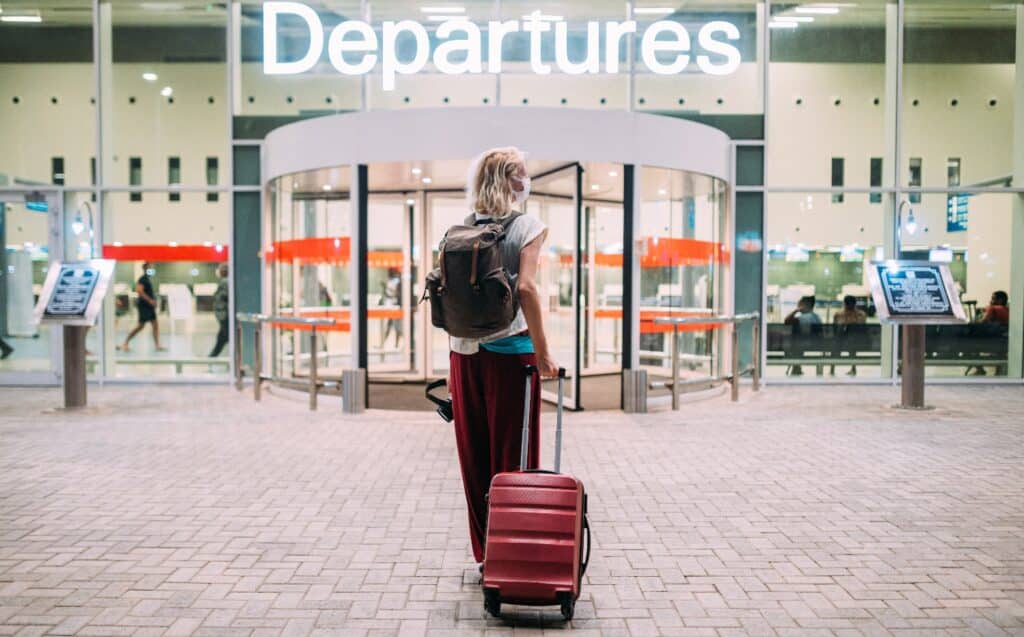The New Normal: How COVID Has Changed the Way We Travel

The COVID-19 pandemic has been a defining event of our time, with far-reaching impacts on the way we live, work, and travel. The travel industry, in particular, has been significantly affected, with restrictions, lockdowns, and safety protocols changing the way we plan and experience trips. While the pandemic has brought about several negative changes, such as travel restrictions and decreased tourism, it has also led to some positive changes, such as increased awareness of safety protocols and the promotion of domestic travel. In this article, we’ll explore both the positive and negative ways in which the COVID-19 pandemic has changed the way we travel.
Negative Changes
- Travel Restrictions: Governments across the world imposed travel restrictions to limit the spread of the virus, which has made it challenging for travelers to visit their favorite destinations. The restrictions have limited international travel, resulting in canceled trips, lost money, and disrupted travel plans.
- Quarantine Protocols: Travelers were required to quarantine upon arrival in many countries, adding additional costs and time to travel. Quarantine protocols also discouraged travel, making people wary of visiting new destinations.
- Decreased Tourism: Due to the pandemic, the tourism industry saw a significant decrease in visitors, resulting in job losses and financial distress for the industry.
- Economic Loss: The pandemic has had a severe impact on the global economy, and the travel industry has been one of the hardest hit. The decrease in tourism has resulted in significant economic losses for the industry, with many airlines, hotels, and tour operators filing for bankruptcy or going out of business.
Positive Changes
- Increased Awareness of Hygiene and Safety Protocols: The pandemic has made people more aware of the importance of hygiene and safety protocols. Travelers are now more cautious and aware of the risks associated with traveling, taking necessary precautions such as wearing masks, washing hands, and maintaining social distancing. This heightened awareness of safety protocols is expected to continue even after the pandemic ends.
- Promotion of Domestic Travel: With international travel restrictions, people are exploring more of their own countries, supporting local businesses, and discovering new destinations. Domestic travel is also more affordable and sustainable than international travel, making it a great alternative.
- Reduction in Pollution: The reduction in air travel and road traffic has led to a decrease in air pollution and greenhouse gas emissions. This pollution reduction has resulted in a cleaner and healthier environment, which can have long-term positive impacts on the planet. We can admit COVID is eco-friendly.
- Technological Advancements: The pandemic has accelerated the development and adoption of new technologies in the travel industry, such as contactless check-in, digital passports, and virtual tours. These advancements have made travel safer, more efficient, and more convenient.
Conclusion
The COVID-19 pandemic has brought significant changes to the way we travel, with both positive and negative impacts. As the world continues to recover from the pandemic, travelers need to adapt to these changes and take necessary precautions to ensure safety while traveling. By doing so, we can continue to explore the world while keeping ourselves and others safe. The pandemic has taught us the importance of resilience and adaptability, and as we move forward, we must continue to prioritize safety and sustainability in our travels.







Yeah, it makes you think!